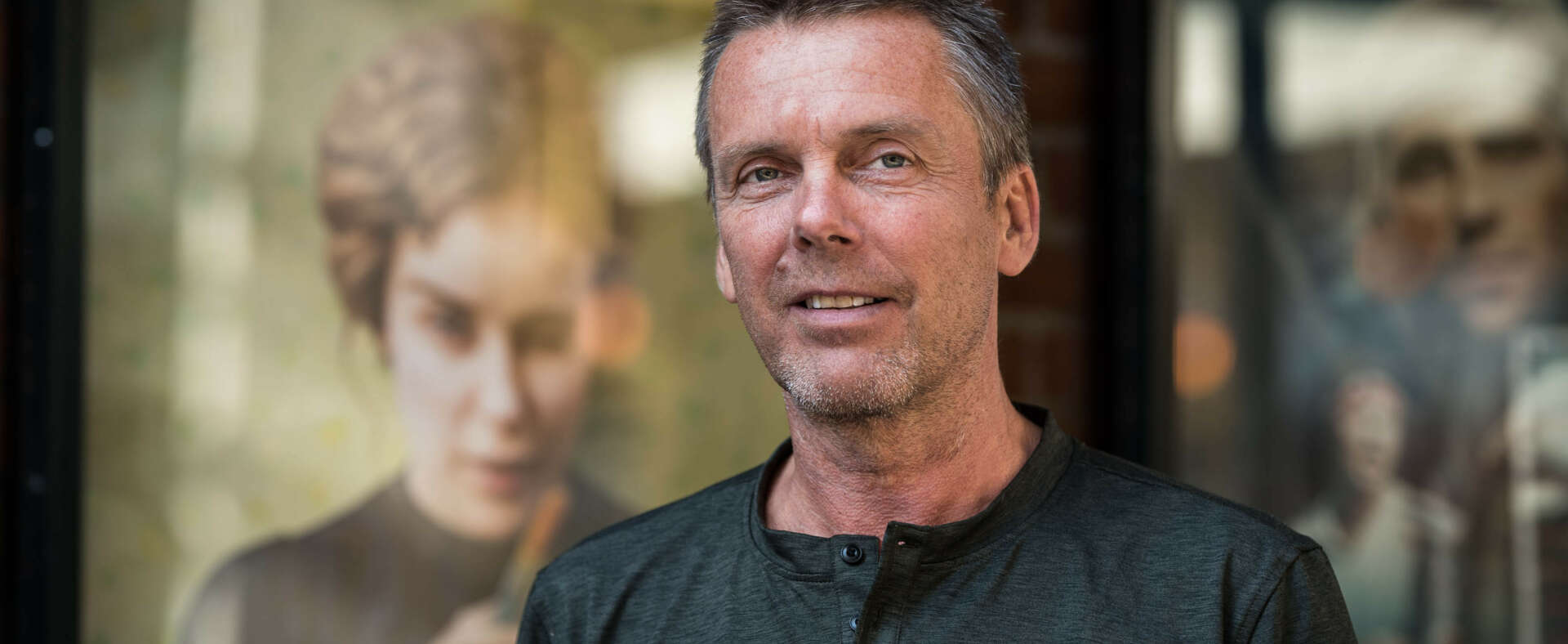WRITTEN BY: Annika Pham
Danish distributor Kim Foss plans to increase documentaries in his annual slate while keeping a keen eye on Nordic films.

Danish distributor Kim Foss plans to increase documentaries in his annual slate while keeping a keen eye on Nordic films.
Foss who has been running the arthouse distribution company Camera Film and Copenhagen’s prestigious historical cinema Grand Teatret since 2006, is readjusting his acquisition strategy to adapt to Danish audiences’ shift in taste and viewing habits.
The distributor who used to rely predominantly on high profile Cannes competition titles by auteurs such as Wong Kar Wai, Michael Haneke, François Ozon, told nordicfilmandtvnews.com that within a year, documentaries will probably represent 45% of Camera Film’s annual 15-20 release slate, with the rest consisting of handpicked Nordic, European, Asiatic and US indie films.
“What we’re experiencing today is that audiences are not loyal anymore to name directors, therefore it doesn’t make sense to overpay and lose money on a film just to stick to a director” notes Foss. A film like Francois Ozon’s By the Grace of God (released in November) had only 2,051 admissions, which is one third the results of the Norwegian documentary The Men’s Room, although the French film cost four times more to buy, says the distributor.
For Foss, in today’s context of tougher market conditions combined with shrinking profit margins from theatrical, Nordic films and documentaries are safer bets. Indeed, these benefit from smaller MGs to pay upfront, the increase awareness in Denmark of Nordic talents (via hit TV dramas such as Skam), inbuilt cultural closeness with Nordic stories, and support from funding bodies such as Nordisk Film & TV Fond.
“To build awareness and want to see on a film, we rely on two elements: reviews and marketing,” points out the distributor. “Reviews can be tricky and are not as predictable as a decade ago. Regarding marketing, we need all the support possible and this is where institutions such as Creative Europe for European films, the Danish Film Institute for Danish films and Nordisk Film & TV Fond for Nordic films are crucial."
Nordisk Film & TV Fond support
Foss said that the Fund’s former distribution support initiative ‘Nordic High Five’ (which ran from 2009 to 2015, now replaced by the slate distribution support) was instrumental in Camera Film’s opening up to Nordic fare, next to European and world cinema.
“If we look at our history with Nordisk Film & TV Fond, we took part in the Nordic High Five as we felt it was an interesting programme and therefore started focusing more on Nordic films. This was more than ten years ago. Today, the Fund’s distribution support has changed, but in the meantime, because of the support, we still try to acquire more Nordic films and attend markets like Haugesund’s New Nordic Films and Göteborg’s Nordic Film Market to check the works in progress, things we never did before,” acknowledges Foss.
In 2019, four Nordic films released by Camera Film received distribution support from the Fund.
“Woman at War was one of those rare films in which we believed strongly from an early stage and that we acquired at script stage,” notes Foss. The film received rave reviews and was boosted by its selection at the influential Biografklub Danmark, which counts 200,000 members.
For Foss, Woman at War, together with Ali Abbasi’s Border (34,000 admissions in 2018) and Bong Joon-ho’s Parasite (watched by nearly 40,000 people in two weeks) are rare stand out films, that give him “confidence in the future of cinema”. “Finding those little film gems takes time and effort, as I have to research more and look for other elements besides the name of the director and prize, but when a film like Border moves from being a good film to a phenomenon, then you’re in the right spot,” asserts Foss.
Doc success
Other genres that have been winning bets in the past few years for Camera Film are documentaries. In 2019, the company distributed seven documentaries (out of 18 titles), including Norway’s The Men’s Room and the Danish docs Cold Case Hammarskjöld by Mads Brügger (6,228 admissions), Fall of Kings by Mads Kamp Thulstrup (6,793 admissions) and Photographer of War by Boris B. Bertram, second biggest Danish documentary in a decade with 13,643 admissions, according to Foss.
“We believe strongly in Danish documentaries and this is where we will put a greater emphasis in the future,” he says. “Danish docs allow us to create in-depth marketing campaigns in conjunction with directors, local production companies, backed by the Danish Film Institute and documentary is where I come from,” said Foss who co-founded CPH:DOX in 2003.
Kick-starting Camera Film’s 2020 slate is the Danish documentary and Oscar short-listed film The Cave by Feras Fayyad (released January 9).
Other releases include the Swedish film About Endlessness by Roy Andersson, the French films Portrait of a Lady on Fire, Gloria Mundi, Who Do You Think I Am, the German film The German Lesson, Brazilian/German The Invisible Life of Eurídice Gusmāo, Japanese animation Weathering with You and US documentary Billie.